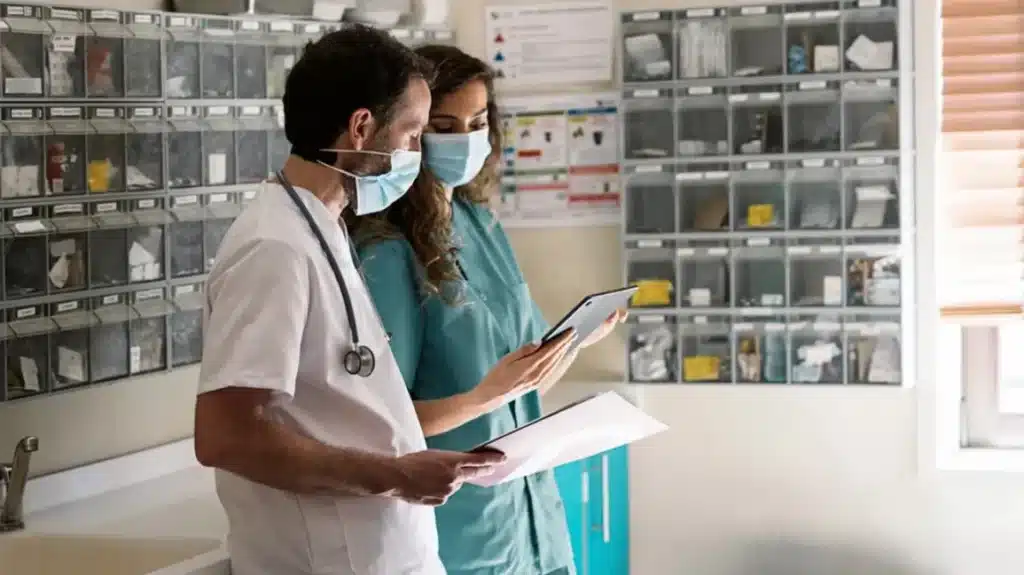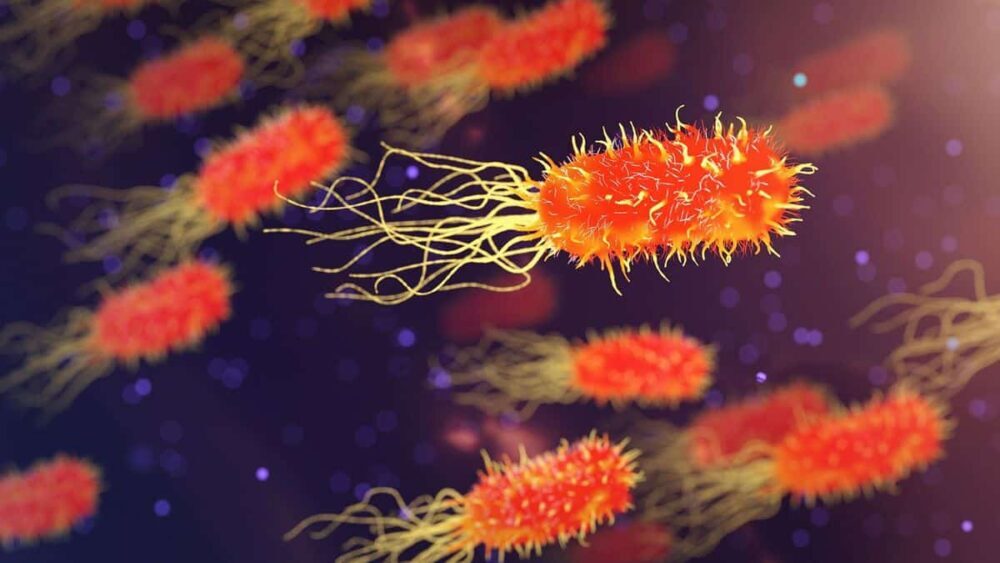Shigella is a highly contagious bacteria that produces the ailment known as shigellosis, an inflammatory diarrhoea. The Centers for Disease Control and Prevention are alerting physicians and the general public about a rise in instances of shigellosis that are extensively drug-resistant (XDR).
The CDC convened a call on Tuesday to educate providers about this new public health risk. Due to their knowledge of XDR Shigella, the Colorado Department of Public Health and Environment and the U.K. Health Security Agency also gave presentations on the call.

According to Dr. Louise Francois Watkins, a medical officer at the CDC, the new strains of the bug are resistant to all five of the commonly employed antimicrobial medications, which was never observed before 2016 and has been rising in prevalence ever since. According to her, the majority of Shigella strains are resistant to one or more of the medications but not all five.
The CDC does not currently have official alternative recommendations due to the paucity of data, but there are promising possible treatments.
The CDC wants to ensure that people are aware of the new strains so that those who are affected may receive the right medical care, according to Francois Watkins, who notes that they are still quite uncommon and pose little risk to the general population. Shigellosis is often treated with bed rest, a lot of fluids, and antibiotics for non-XDR strains.
According to the CDC’s health alert, none of the about 450,000 Shigella infections each year in 2015 were brought on by strains that were very drug-resistant.
Around 5% were in 2022.
Shigella can spread when contaminated faeces come in contact with someone else’s mouth or nose, either directly or inadvertently. It could happen as a result of improper handwashing, sexual activity, tainted food, or contaminated water.

Shigellosis normally affects young children, but the XDR variant of the stomach virus affects adults more frequently. The majority of instances of XDR Shigella, according to the CDC, are found in men who have sex with other men, homeless people, persons who travel internationally, and people who have HIV.
Dr. Naeemah Logan, a CDC medical official, claims that XDR Shigella has a real, worrying capacity to spread internationally, particularly among these susceptible people.
According to Francois Watkins, other Shigella strains are becoming more and more drug-resistant, raising fears that the bug’s drug-resistant gene changes could spread to other bacteria like E. coli.

According to Francois Watkins, “one of the key drivers of antibiotic resistance is incorrect antibiotic usage,” and “the problem of antimicrobial resistance is actually worse than Shigella.”
She suggests that people only take them as directed.
The most crucial defences against Shigella are handwashing and sanitising, according to Logan, who also advises sexually active individuals to wash their bodies with soap and water both before and after intercourse as well as their sex toys.
She advises that for two weeks after symptoms subside, those who have diarrhoea should abstain from sex as well as swimming pools and water parks.
According to Logan, handwashing and sanitising are the most important defences against Shigella. He also suggests that people who are sexually active wash their bodies with soap and water both before and after sex as well as their sex toys.
She urges those who have diarrhoea to avoid sex as well as swimming pools and water parks for two weeks after symptoms subside.

Before the CDC, the European Institute for Disease Prevention and Control warned that there had been 221 confirmed cases and 37 potential ones among visitors to Cabo Verde, off the coast of West Africa, since September 2022. The majority of the cases were associated with all-inclusive hotels, according to the advisory, and the most likely method of transmission was through food. Affected visitors went back to their homes in the U.K., the U.S., and other countries in the European Union.
ALSO READ THIS: Forests Fight To Survive | Climate Change

